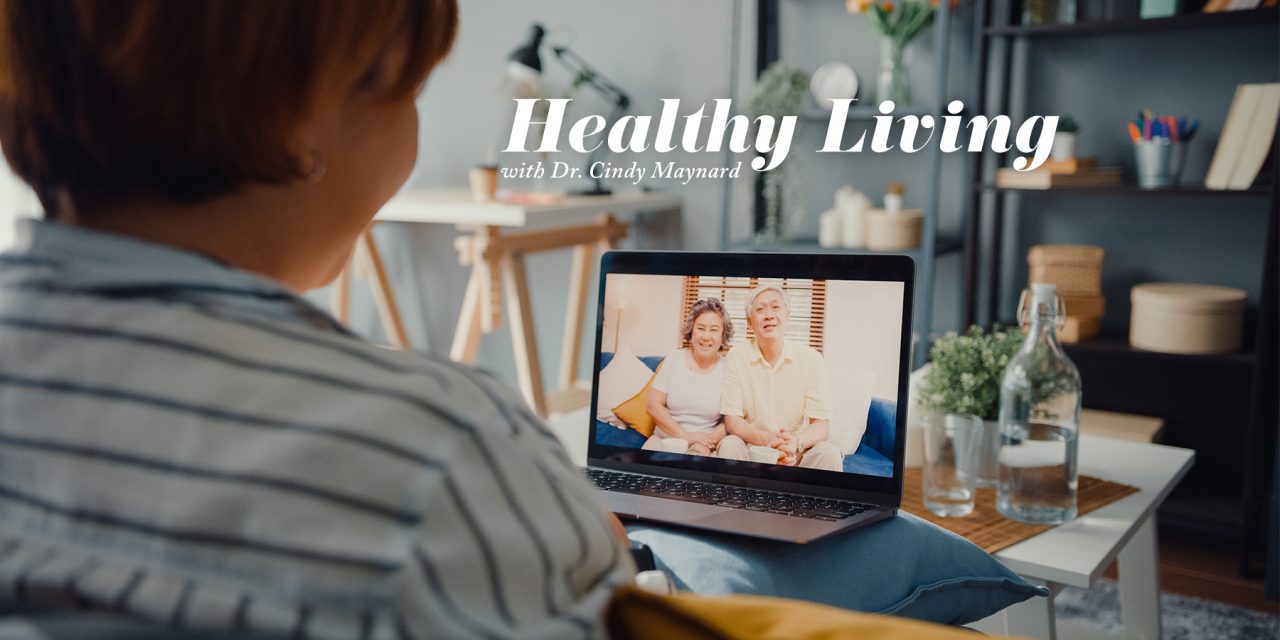Today it’s more important than ever to cultivate and maintain human connections, especially as we slowly make our way out of the COVID era. Our mental and physical health depends on it. In fact, a recent Kaiser Family Foundation poll found that nearly half of Americans say the pandemic has negatively impacted their mental health. Another study found 75 percent of people say they feel more socially isolated, 67 percent feel higher stress, 57 percent feel great anxiety, and 53 percent feel more emotionally exhausted since the pandemic outbreak. COVID has taken its toll, and it’s time to reconnect.

Connection in any form, via phone, zoom, or in person, fulfills a basic human need. In fact, the best predictor of our health and happiness is the quality of our relationships. Here are just a few of the benefits:
A strong social support system is essential to help us through tough times, whether you’ve had a stressful week, a recent loss, or just trying to grapple with the Covid pandemic and trying to reconnect with your loved ones. Lack of social support makes us feel lonely and isolated. We are essentially social creatures. Our ancestors hunted and traveled in social groups for a reason. Those separated from the tribe didn’t survive.
But what does strong social support mean? And how can it be developed and nurtured? Sidney Cobb, a psychiatrist, says that social support is a subjective feeling in which the individual feels cared for and valued. Social support systems can consist of friends, peers, mentors, colleagues, neighbors, lay leaders, or even mental health professionals.
They provide comfort and sustenance just knowing they are there when we need them and provide a critical part of our identity and self-esteem. Support networks don’t have to be formal. A quick phone call or text, a handwritten note, networking sites, volunteer work either online or in person, joining support groups— all help develop lasting relationships with others.
The benefits that come from sharing, getting things off your chest, or just knowing someone else has experienced the same problem you have, impacts our health in numerous ways.
We may be in this social isolation and mask-up period for a while longer. Here are some resources students in my stress management class gave for increasing social support— and it’s never too late to cultivate relationships.
- Develop hobbies or outside interests; make gifts for others such as crafts, cards, or pillows. Share your pictures, favorite books, music, or movies with others so they have more entertainment.
- Volunteer and help others in your community- when we reach out to others who may be even more isolated than us, it is emotionally healing.
- Take or host a class online- teach others how to use the latest technology so they can be a part of the mainstream.
- AARP.org has many resources for ways to connect socially and ways to gain support.
- Talk to people who serve you and call them by name (barista, cashier, waiter, etc.)
- Join a gym or fitness group in person or online
- Re-connect with old friends, classmates, or co-workers. Check-in with older adults especially.
Taking time to connect with our social support groups is an investment in our health and longevity. Relationships take time and effort, but they can change our lives in the most positive way.
——
Cindy Maynard, Ph.D., RD, is a health psychologist, registered dietitian, and health and fitness writer. You can contact her at drcindymaynard@live.com.






